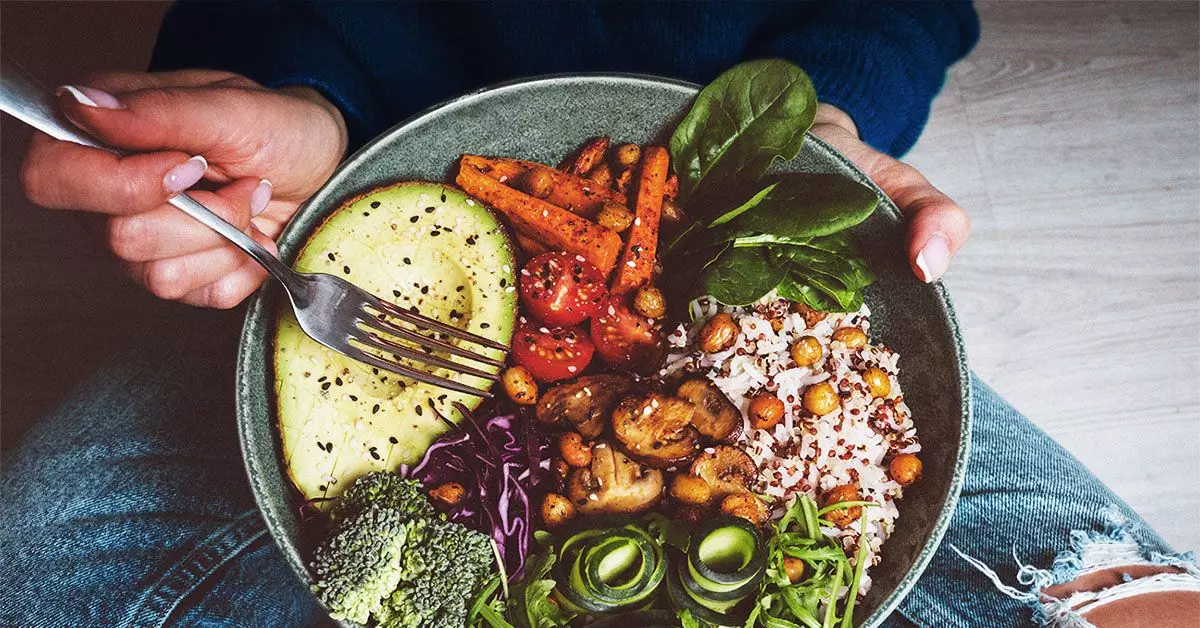Hairy cell leukemia (HCL) is classified as a rare and slow-progressing form of leukemia that primarily affects the body’s lymphocytes, a type of white blood cell essential for immune function. Although diagnosed relatively infrequently, the prognosis for HCL is generally positive, especially since many cases don’t necessitate immediate treatment. However, when treatment is required, therapies often lead to remission, signaling hope for those affected. Yet, while medical interventions play a crucial role, the influence of lifestyle choices—especially diet—cannot be overlooked in the overall management of this disease. A deliberate focus on nutrition not only helps combat the cancer but also enhances recovery processes.
The Role of Nutrition in Immune Support
For individuals navigating the complexities of HCL, a nutrient-rich diet acts as a crucial ally. A balanced diet can significantly bolster the immune system, reinforcing its capacity to combat disease progression. The Hairy Cell Leukemia Foundation strongly advocates that dietary choices substantially contribute to preventing various cancers. By transitioning to a plant-based diet, individuals can enrich their meals with colorful vegetables and nutrient-dense whole grains. It’s suggested that two-thirds of the plate consist of vibrant, fresh produce, promoting an abundant intake of essential vitamins and minerals that support the body’s defenses.
Moreover, the Fiber Factor is vital. Aim to incorporate at least 30 grams of fiber daily, as it plays a significant role in maintaining gut health and enhancing nutrient absorption. High-protein breakfast options like oats and scrambled tofu can initiate the day on a strong note, providing steady energy. This principle transcends just protecting against cancer; it fosters a healthier lifestyle that can lead to better overall well-being.
Immunotherapy and the Gut Connection
Among the myriad treatments available, immunotherapy has emerged as a notable option for HCL patients, stimulating the immune system to effectively target and destroy cancer cells. Research has illuminated an intriguing aspect of treatment: the role of the gut microbiome in the effectiveness of immunotherapy medications. The gut microbiome—composed of trillions of microorganisms—can affect how well these medications work.
Nurturing a healthy gut is imperative. By increasing the intake of plant-based proteins and regularly consuming fermented foods, individuals can cultivate a diverse microbiome that promotes better responses to treatments. Striking the right balance by incorporating sources rich in omega-3 fats—like fatty fish, nuts, and seeds—also aids in reducing inflammation and supporting cellular health. A concerted effort to eliminate processed foods and artificial sweeteners complements this aim, fostering a robust internal environment conducive to healing.
Nutrition Strategies During Treatment
Cancer treatments are notorious for bringing on various side effects that can complicate nutrition. HCL patients undergoing treatment often face challenges such as appetite loss, taste changes, and nausea. Adapting dietary strategies can be essential in these circumstances. High-calorie, protein-rich foods should take precedence; incorporating options such as yogurt, eggs, and lean meats can help maintain strength during treatment.
For those struggling with taste changes—a common side effect of chemotherapy—innovative culinary adaptations may help. Switching to fish and dairy products, adding flavorful herbs and spices, and utilizing different utensils can effectively mitigate these unpleasant sensations. Moreover, simple practices like rinsing the mouth can refresh taste buds, enabling patients to find a semblance of enjoyment in their meals.
HCL patients may also experience nausea, making food intake a chore rather than a necessity. Strategies that involve eating small, frequent meals—preferably bland and easy to digest—can provide relief. Foods at room temperature, along with the use of hard candies or gum to combat unpleasant flavors, can make a tangible difference in managing these side effects.
The Importance of Expert Guidance
Overall, navigating the health and wellness landscape while managing hairy cell leukemia necessitates a nuanced understanding of dietary needs. This situation emphasizes the need for personalized nutritional guidance. Consulting with healthcare providers, such as dietitians and oncologists, can ensure that patients receive strategic dietary recommendations tailored to their specific circumstances.
Every minor adjustment in diet carries the potential to influence health outcomes positively. Whether it’s advocating for fiber-rich foods, exploring plant-based proteins, or simply finding creative ways to enhance meal appeal, each small step aids patients in forging a path toward recovery. It’s about more than resisting the touch of leukemia; it’s about empowering the journey through informed choices, leading to enhanced quality of life amid the challenges.

